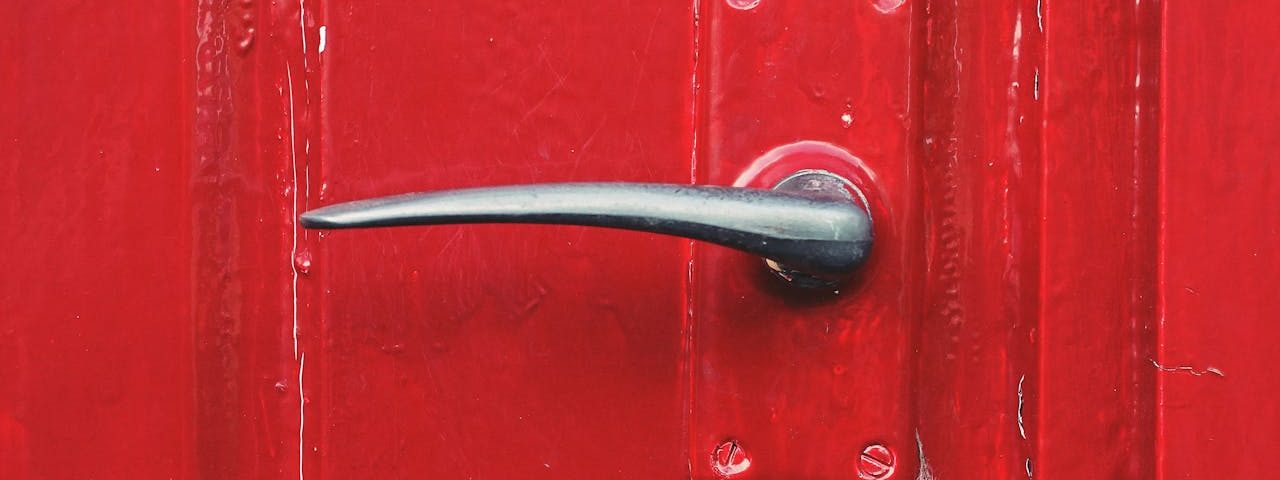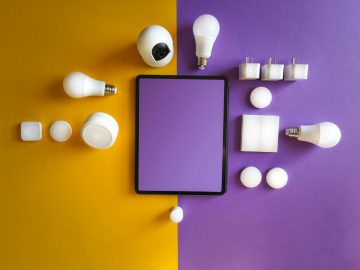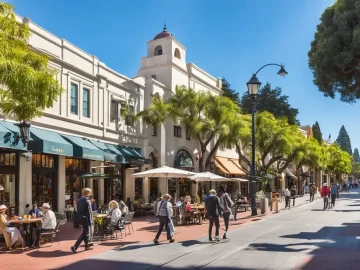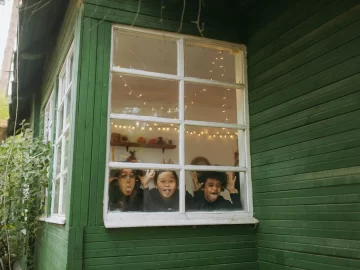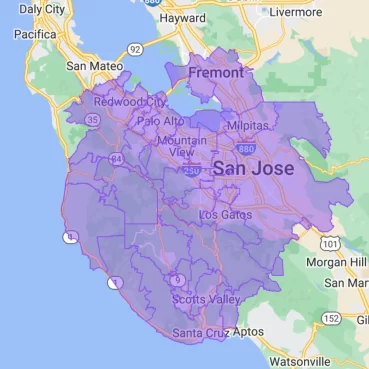When it comes to protecting your home or business, a security system is one of the most valuable investments you can make. However, the cost of installing a security system can vary widely depending on several factors. Understanding these costs and what influences them can help you make an informed decision that balances both your budget and your need for comprehensive protection. In this article, we'll break down the factors that influence the cost of a security system and explain why investing in quality is crucial.
1. Type of Security System
The type of security system you choose is one of the primary factors that will influence the overall cost. Security systems can range from basic setups with a few sensors and a control panel to comprehensive systems that include multiple cameras, smart home integration, and professional monitoring.
- Basic Security Systems: These typically include a control panel, door/window sensors, and a few motion detectors. They are the most affordable option but may not provide the comprehensive coverage needed for larger properties.
- Intermediate Systems: These systems often include additional features such as security cameras, smart locks, and integration with other smart home devices. They provide a balance between cost and functionality.
- Advanced Systems: High-end systems offer extensive features, including multiple cameras, advanced motion detection, remote monitoring, and professional installation. These systems are designed for maximum protection and convenience but come with a higher price tag.
2. Equipment Costs
The specific equipment you choose will also impact the cost of your security system. Here are some common components and their associated costs:
- Security Cameras: The cost of security cameras can vary depending on the resolution, features (such as night vision or motion detection), and whether they are wired or wireless. High-definition cameras with advanced features will be more expensive.
- Sensors and Detectors: Door/window sensors, motion detectors, and glass break sensors are essential for detecting unauthorized entry. The number and type of sensors you need will affect the overall cost.
- Control Panel: The control panel is the central hub of your security system. Basic models are less expensive, while smart panels with touchscreen interfaces and voice control can increase the cost.
- Smart Locks and Entry Systems: Adding smart locks or keyless entry systems provides convenience and added security but comes at an additional cost.
- Alarms and Sirens: These components alert you and deter intruders when the system is triggered. The cost can vary based on the loudness and features of the alarm system.
- Backup Power Supply: To ensure your system remains operational during a power outage, you may want to invest in a backup power supply, which adds to the overall cost.
3. Installation Costs
The method of installation—whether DIY or professional—will significantly affect the total cost of your security system.
- DIY Installation: If you’re handy and comfortable with technology, you can save money by installing the system yourself. However, DIY systems may not offer the same level of security or coverage as professionally installed systems.
- Professional Installation: Hiring a professional to install your security system ensures that all components are correctly placed and configured for optimal performance. Professional installation typically costs more upfront, but it can save you time and provide peace of mind knowing the system is set up correctly.
4. Monitoring Costs
Monitoring is another key factor that influences the cost of a security system. There are two primary types of monitoring:
- Self-Monitoring: With self-monitoring, you receive alerts and notifications on your smartphone or other devices when the system is triggered. While there are no ongoing fees, the responsibility of responding to alerts falls on you.
- Professional Monitoring: Professional monitoring services provide 24/7 surveillance of your property. If an alarm is triggered, the monitoring center will contact you and dispatch emergency services if needed. This service comes with a monthly or annual fee, which can add significantly to the total cost over time.
5. Additional Features and Integrations
The cost of your security system can also increase if you choose to add advanced features or integrate your system with other smart home devices.
- Home Automation Integration: Integrating your security system with smart home devices such as lights, thermostats, and doorbells can enhance convenience and security. However, these integrations often require additional equipment and setup, increasing the overall cost.
- Remote Access: Many modern security systems offer remote access via a mobile app, allowing you to monitor and control your system from anywhere. While this feature is often included in higher-end systems, it may come with additional costs in basic or intermediate systems.
- Environmental Sensors: Adding sensors to detect smoke, carbon monoxide, flooding, or temperature changes can provide added protection but will increase the cost of your system.
6. Geographic Location
Where you live can also impact the cost of your security system. In some regions, security systems may be more expensive due to higher demand, increased labor costs, or the need for more robust systems to address specific local threats.
- Urban vs. Rural Areas: Urban areas often have higher labor and equipment costs, while rural areas may require more extensive systems to cover larger properties.
- Local Crime Rates: In areas with higher crime rates, more advanced security systems may be necessary, which can increase the cost.
7. Warranty and Maintenance Costs
When investing in a security system, it’s important to consider the long-term costs associated with warranties and maintenance.
- Warranties: Most security systems come with a warranty that covers equipment defects for a certain period. Extended warranties are available for an additional cost and can provide peace of mind by covering repairs or replacements beyond the standard warranty period.
- Maintenance: Regular maintenance is essential to ensure your security system continues to function optimally. Some providers offer maintenance plans for an additional fee, while others may charge per service call.
Why Investing in Quality is Crucial
While it may be tempting to cut costs by opting for a basic or budget-friendly security system, investing in a high-quality system is crucial for ensuring reliable protection. A well-designed, professionally installed security system offers several benefits:
- Enhanced Protection: High-quality systems provide comprehensive coverage and are less likely to fail when you need them most.
- Increased Durability: Quality equipment is built to last, reducing the need for frequent repairs or replacements.
- Better Support and Service: Reputable providers offer superior customer support, professional installation, and ongoing maintenance, ensuring your system remains in peak condition.
- Higher Resale Value: A well-installed, high-quality security system can increase the resale value of your home or business.
Conclusion: Making the Right Investment
The cost of installing a security system can vary widely based on several factors, including the type of system, equipment, installation method, and monitoring options. While it’s important to stay within your budget, investing in a quality security system is crucial for ensuring the safety and security of your home or business. By understanding the factors that influence the cost, you can make an informed decision that provides the protection you need at a price you can afford.
About Guardyx
Guardyx is your trusted provider of smart home security and automation solutions in the San Francisco Bay Area and Silicon Valley. Whether you need CCTV installation, comprehensive security systems for your home or business, or smart home integration, we offer tailored services to meet your unique needs. Our expert team ensures that your property—whether residential or commercial—is protected with the latest technology, providing peace of mind and convenience.
Our Services:
- CCTV Camera Installation
- Home Security Systems
- Smart Home Automation
- Remote Monitoring Solutions
- Business Security Solutions
- Commercial Surveillance Systems
Serving Areas:
San Francisco, San Jose, Palo Alto, Mountain View, Sunnyvale, Santa Clara, Cupertino, Menlo Park, Redwood City, Fremont, Oakland, Berkeley, San Mateo, and the entire Silicon Valley.
Ready to Secure Your Property?
Contact Guardyx today for a free consultation and discover how we can help protect what matters most.
Request a service: https://guardyx.com/home/#contact
